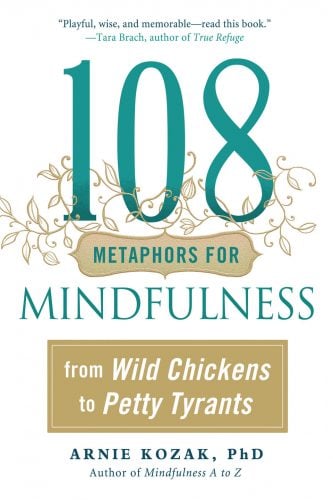 I was recently in Southern California and saw this message plastered on a car. I thought to myself, “this is not the best metaphor.” I didn’t realize at the time that it is a quote from the Bible.
I was recently in Southern California and saw this message plastered on a car. I thought to myself, “this is not the best metaphor.” I didn’t realize at the time that it is a quote from the Bible.
Now that I know its ecclesiastical credibility, I still don’t think it is the best metaphor.
We can think of metaphors broadly as the process of understanding one thing in terms of another. The other thing is more familiar and creates associated commonplaces between the known and the less known, unknown, or something we wish to know more deeply.
In this Biblical metaphor, the associated commonplace is the furtiveness of both thieves and salvation, a kind of criminal soteriology, if you will.
Metaphors both highlight and hide different aspects of experience. A good metaphor will illuminate things that had not been considered before or create new possibilities or a sense of connection.
I once heard a metaphor that compassion was like lotion for the heart. Yuck! While this image (really a simile) conveys the sense that compassion is soothing, the image is disgusting. It just doesn’t work for me because lotion does not belong in or on our internal organs.
 As the title suggests, my book 108 Metaphors for Mindfulness is a compendium of classical and contemporary metaphors for understanding mind, self, our quirkiness, acceptance, and practicing mindfulness. It was recently re-released from Wisdom Publications.
As the title suggests, my book 108 Metaphors for Mindfulness is a compendium of classical and contemporary metaphors for understanding mind, self, our quirkiness, acceptance, and practicing mindfulness. It was recently re-released from Wisdom Publications.
These metaphors range from complex images and stories to simple comparisons. One of my favorites is the DVD commentary, a metaphor that was very au currant in 2007 when I wrote this book but getting a bit dated now with the popularity of streaming media.
If you still watch DVDs and watch the “director’s commentary” that mode is very much like how we conduct our mental lives. The “movie” of our life is there in the background and we talk over it, rendering opinion after opinion, meanwhile missing out on the richness of the movie.
The entirety of our lives is a metaphoric process as we are always understanding one thing in terms of another. In fact, this is the way that our brains work. We never experience something completely new and always from what we have already learned, experienced, and remembered.
The key is to keep our categories flexible, not being so beholden to what we already think we know and opening to the possibilities of each moment. Look for a new metaphor today as you move about the world. Write and tell me what you discover!

